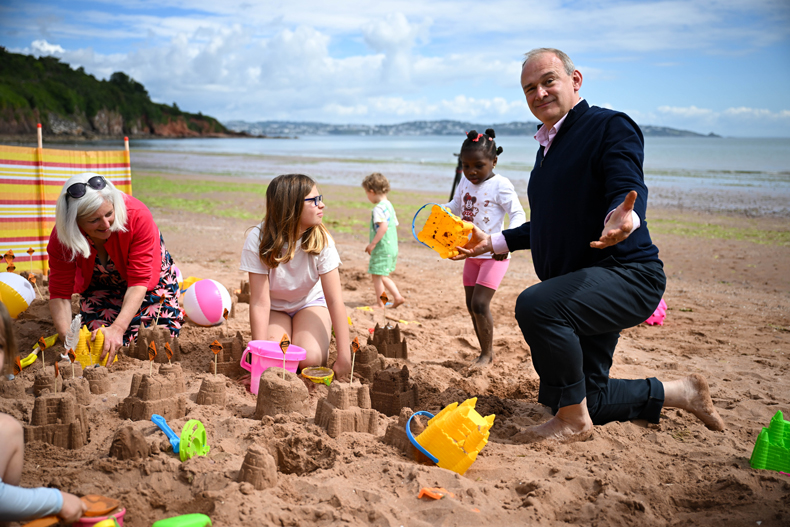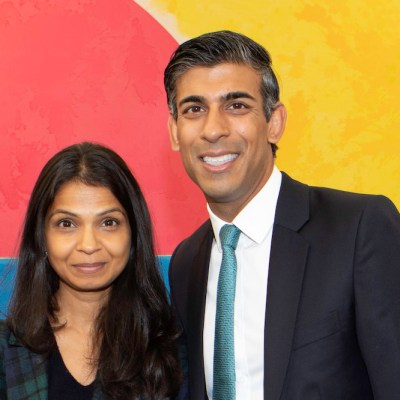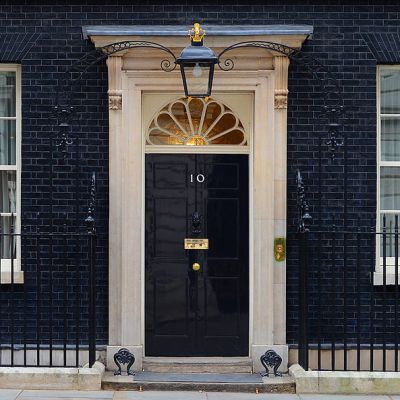The Conservative Party has held power in the UK for 14 years. In that time, the Department for Culture, Media and Sport has seen 11 secretaries come and go. Is this a sign of culture being a demanding department that chews up ministers and spits them out again? Or does it suggest that the job of culture secretary is less a political prize than a role to be filled by promising junior ministers on their way to higher places?
Judging from the scant mention of the arts during the general election campaign so far, the latter is more likely. It’s understandable: the public, common wisdom dictates, tends to vote on issues like tax, health and immigration, not on Arts Council funding or museum entry fees. But with manifesto season upon us, leaders have a chance to spell out their vision for culture in the UK in more detail than the time-capped debates and performative radio grillings allow.
A report by Arts Council England (ACE) published in February this year concluded that local authorities in England invested 42.1 per cent less per capita (taking inflation into account) in museums and galleries in 2022–23 than they did in 2009–10, and that cuts have fallen disproportionately on cultural institutions compared to other local services – particularly in already disadvantaged areas of the country. The Conservatives did stump up £1.57bn to help keep the culture sector afloat during the pandemic – a fact that is trumpeted in their manifesto. There is little in the way of future planning, however: their page of promises on sport and culture has a whiff of barrel-scraping, including ensuring ‘creative sector tax incentives remain competitive’, ‘launching a review of the nighttime economy in England’ and protecting ‘free speech and open debate in our universities’.
In the Labour Party’s ‘Creating Growth’ report, published in March this year, shadow culture secretary Thangam Debbonaire set out a detailed plan for reinvigorating arts and culture. Only some of that has made it into the party’s election manifesto. Labour has said that it will support schoolchildren to pursue a creative or vocational subject (a very broad category) until the age of 16, and require publicly-funded museums and galleries to loan more works to more parts of the country, though it has almost nothing to say about core funding. There are, however, key pledges from the report which have failed to make the manifesto cut, such as the creation of a Cultural Infrastructure Map to link local arts networks. That is not to say that these pledges won’t be implemented, but perhaps the party doesn’t see them as a priority.
One of the key pledges in Labour’s March report was a review of Arts Council England – something that has also not made its way into the manifesto. Such a review is absent from the Tory manifesto too, though both parties clearly believe that ACE has to change. In March, the Tories appointed Mary Archer, former chair of the Science Museum Group and the wife of Jeffrey Archer (a former deputy chair of the Conservative Party), to lead a review of ACE. (That review was then suspended when the election was announced a month ago.) What exactly Labour will do about ACE if – or when – they take power next month remains to be seen.
Castles made of sand? Ed Davey, leader of the Liberal Democrat party, on the campaign trail in Devon in June 2024. Photo: Finnbarr Webster/Getty Images

The Liberal Democrats’ manifesto promises to establish ‘creative enterprise zones’ to grow the cultural output of all regions in the UK, retain free access to national museums and galleries, protect arts funding via the National Lottery and – cue the anti-Brexit klaxon – boost culture funding ‘by applying to participate fully in Creative Europe’, the EU’s cultural funding programme (a pledge that has also been made by the Scottish National Party). The biggest cultural contribution made by the Lib Dems, however, is surely in the endless supply of meme fodder being generated by party leader Ed Davey’s tour of cringe, involving interviews on fairground rides and drumming ‘We Will Rock You’ on an exercise ball.
The Green Party makes some bold pledges, including an additional £5bn of investment over the next five years in arts and culture, and exemption from VAT for tickets to cultural events such as museum exhibitions. It also makes a stronger point about the dangers of AI than Labour and the Tories, promising to ‘insist on the protection of the Intellectual Property of artists, writers and musicians and other creators’, ensuring that ‘AI does not erode the value of human creativity’ or ‘workers’ rights’. In the long term, the Greens say that they will push for the implementation of a Universal Basic Income – a radical move that, according to their culture spokesperson, would ‘give people the freedom and security to reach their artistic potential’.
Plaid Cymru unsurprisingly takes aim at Labour’s record in Wales, writing that it is ‘strongly opposed to the cuts to Welsh cultural organisations introduced’ and advocating the restitution to Wales of objects such as the Mold Gold Cape, which dates back to the Bronze Age and is currently held in the British Museum. It has also promised to establish a Welsh Freelancers Fund to ‘support the creative sector’, maintain free entry to national museums and free tickets for low-income families, and, pleasingly, keep pushing for Wales to be represented at Eurovision. The Scottish National Party is lighter on detail, beyond ‘supporting culture sector cooperation’ and ‘boosting economic potential of our creative industries’.
Bringing up the rear is Reform, the party that may soon be Britain’s second-largest in terms of vote share. Nigel Farage has curiously little in the way of arts planning in his Reform Party manifesto, or ‘contract’, as the party insists on calling it. A surprise, since Farage himself is a well-known culture vulture, if by culture we mean cigarettes, real ale and tight controls on immigration. What could be more British than that?



